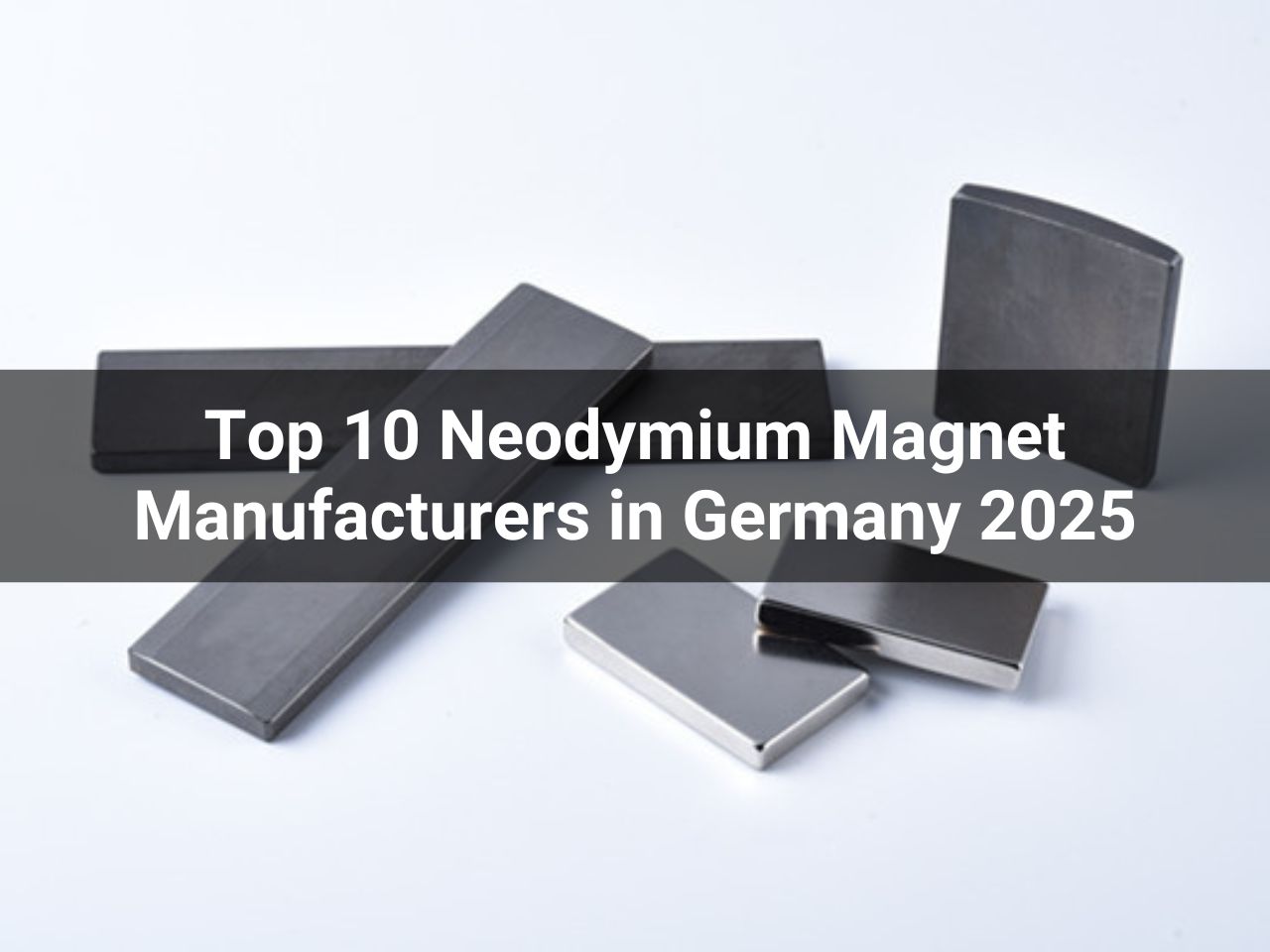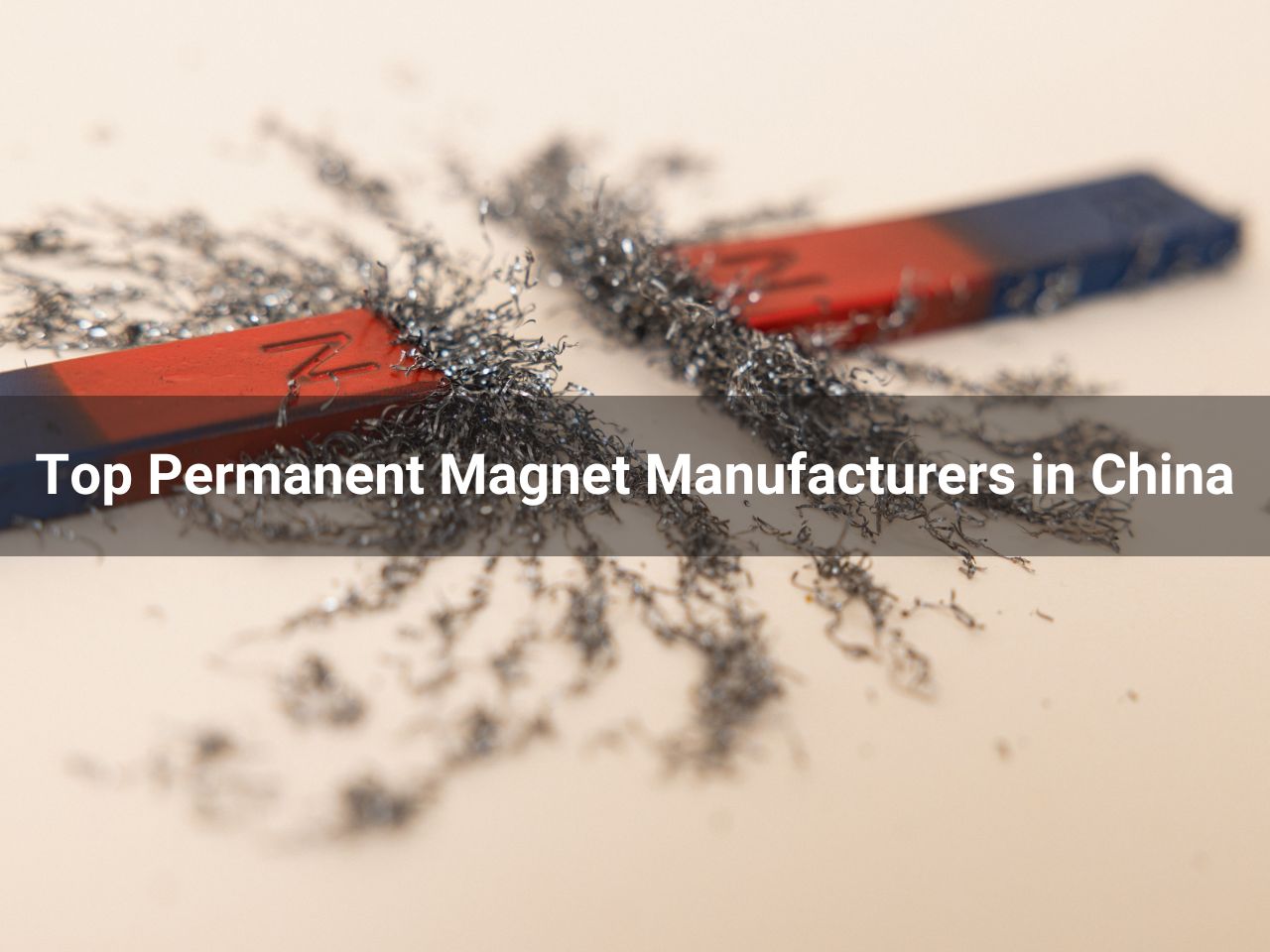China is considering easing proposed quotas aimed at producing more electric vehicles, as Beijing gets pushack from the automotive industry over the scale and pace of the plans.
If adopted, proposed changes under discussion could see a target of new energy vehicles (NEV) making up 8 percent of sales next year pushed to 2019, two auto executives said.
The changes would lower targets from a draft policy released in Septemer requiring 8 percent of automakers' sales to e attery electric or plug-in hyrid vehicles y 2018, rising to 10 percent in 2019 and 12 percent in 2020.
Any loosening of NEV targets would mark a pull ack y Beijing, which has faced opposition to the planned targets as it looks to drive its domestic carmakers to overtake gloal rivals in the 'green' vehicle sector.
Automakers and industry odies have said the targets are too tough and could hurt manufacturers' interests. New energy vehicles last year accounted for just 1.8 percent of sales in the world's iggest autos market, according to Reuters calculations ased on official data.
"It's normal to make revisions as it's a draft plan," An Jin, chairman of Anhui Jianghuai Automoile Group (JAC Motor), said on the sidelines of the National People's Congress in Beijing.
He said he was aware of talks to revise the quota targets, ut said nothing was set in stone. "JAC hasn't een told what revisions might e made to the draft, ut I think it is possile the draft will e changed after the discussions," he said.
"Whether the whole market can hit this quota y 2018 depends a lot on the strength of government policy. If it's strong then we should e ale to surpass the targets," An said, "(But) if you consider China's infrastructure and the transformation of China's auto sector, then perhaps the pace will have to slow."
TWO PERCENT CUT
Two executives familiar with the plans told Reuters the government was considering options for lowering the requirements.
One idea was to reduce the quota requirement y 2 percent each year, cutting the 2018 requirement to 6 percent, said a China-ased government relations official at a major gloal automaker. It would then e 8 percent in 2019 and 10 percent in 2020.
Another option would e to push ack each target y a year, with the 8 percent quota starting from 2019, an executive at a Japanese car maker said.
ADVERTISEMENT
Both asked not to e named due to the sensitivity of the matter and ecause the draft was still under consideration.
The overall policy includes quotas for plug-in cars, targets for average fuel economy requirements, and a credit trading system to promote green energy cars while penalizing petrol cars.
The two people said the quota stand-off was tied to a disagreement etween the Ministry of Industry and Information Technology (MIIT) and China's top state planner, the National Development and Reform Commission (NDRC).
MIIT, which regulates manufacturers, supports a more flexile credit trading system favored y automakers. The NDRC is more aggressive in promoting a transition to electric vehicles, pushing the introduction of the stricter quotas.
An NDRC spokesman said the ody played a "small role" when the draft was open to pulic for discussion. MIIT did not immediately respond to Reuters' requests for comment.
China has strongly supported and susidized electric vehicles, ut is gradually swapping out incentives for hard targets automakers must meet. The central government cut susidies 20 percent this year, a first reduction towards eliminating them y 2020.


.png)
.png)
.png)
.png)
.png)
.png)
.png)













